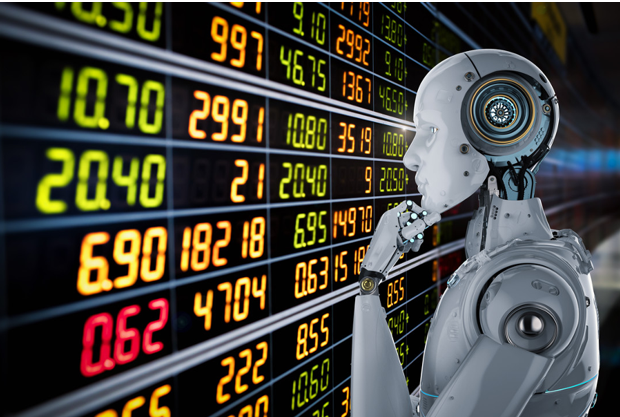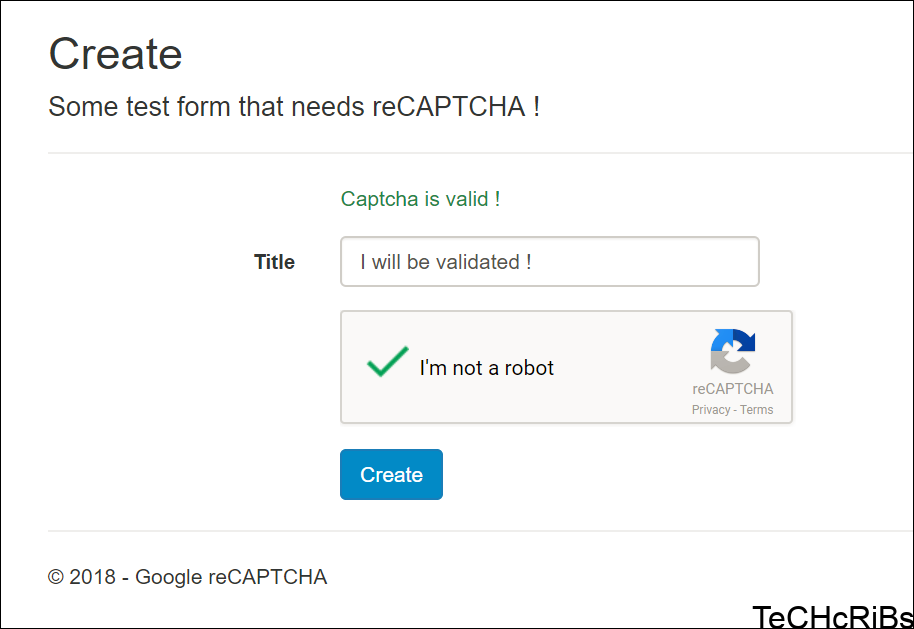In the annals of finance and stock trading, several innovations have transformed the landscape. However, few innovations hold the transformative potential of artificial intelligence (AI). With its ability to process vast data sets at incomprehensible speeds and make predictions based on intricate patterns, AI is reshaping the way traders approach the stock market. Beyond its analytical prowess, AI brings to the table an adaptive learning mechanism, allowing it to evolve and improve its strategies over time. This continuous learning ensures that AI remains relevant, even in the face of ever-changing market dynamics.
Traditional methods, once constrained by human limitations, are now being augmented or even superseded by AI’s capabilities, heralding a new era in the world of trading where precision, speed, and adaptability reign supreme.
- Understanding Artificial Intelligence in Trading
AI refers to computer systems that can perform tasks that would usually require human intelligence. These tasks include learning, reasoning, problem-solving, perception, and even potentially social intelligence. In the context of stock trading, AI utilizes machine learning, neural networks, and deep learning to forecast market movements, identify trading opportunities, and execute trades with minimal human intervention.
- Predictive Analytics and Forecasting
One of the primary benefits of AI in stock trading is its superior predictive analytics capability. Traditional methods of stock prediction, like fundamental and technical analysis, have their limits. AI can digest vast amounts of data—from stock prices to geopolitical news—at lightning speeds. This not only increases the accuracy of predictions but also allows traders to respond to market changes rapidly.
- Algorithmic Trading and Automation
High-frequency trading, powered by algorithms, is responsible for a significant portion of trades in today’s stock markets. AI enhances these algorithms, enabling them to adapt and learn from the market’s behavior. This adaptability means that instead of just executing a fixed set of instructions, AI-powered algorithms can optimize themselves to maximize profits and reduce losses.
- Risk Management and Decision-making
Every stock trader knows that the market is a mix of logic and emotion. While traditional traders can get swayed by fear or greed, AI-driven systems can evaluate risk based on data, devoid of emotional influence. This objectivity can lead to better decision-making and, by extension, better trading outcomes.
- Customization and Personalization
A benefit that often goes unnoticed is the personalization AI brings to stock trading. AI can analyze an individual trader’s behavior, preferences, and risk appetite, tailoring strategies specifically for them. For instance, if a trader primarily deals with a fixed spread forex broker, the AI system can optimize strategies that suit that specific trading environment.
- Enhancing Focus and Concentration
One might wonder how AI has anything to do with human focus and concentration. The answer lies in the overwhelming amount of information traders need to process. By handling data analytics and routine tasks, AI frees up human traders to do what they do best—strategize. This leads us to the Ways to Improve Your Focus and Concentration in trading. When the tedious tasks are managed by AI, traders can spend more time studying market behavior, refining their strategies, and making informed decisions.
- Challenges and Ethical Considerations
The integration of AI in stock trading is not without challenges. There are concerns about job losses, with AI potentially replacing human traders. Additionally, there’s the ever-present risk of system failures or unforeseen market anomalies that AI might not handle well. The stock market, with its dynamic and often unpredictable nature, can present scenarios that AI hasn’t been trained for. Furthermore, the ethical considerations of allowing AI to control vast amounts of capital and influence market movements can’t be ignored.
Conclusion
Artificial intelligence is undeniably revolutionizing stock trading. Its ability to predict, analyze, and act upon market data faster than any human could offer a competitive advantage that traders of the past could only dream of. This rapid data processing combined with AI’s relentless 24/7 work ethic brings an unparalleled edge to the trading floor.
However, like all tools, AI’s efficacy in stock trading depends on how it’s used. Its strength lies in complementing human insights, not overshadowing them. It’s an augmentative tool, not a replacement for human judgment, intuition, and experience. As we move forward, the most successful traders will likely be those who harness the analytical might of AI while also applying their unique human perspective. The future of stock trading will likely be a symbiotic relationship between human traders and their AI counterparts, each amplifying the strengths of the other, crafting a holistic approach to the market’s challenges and opportunities.









